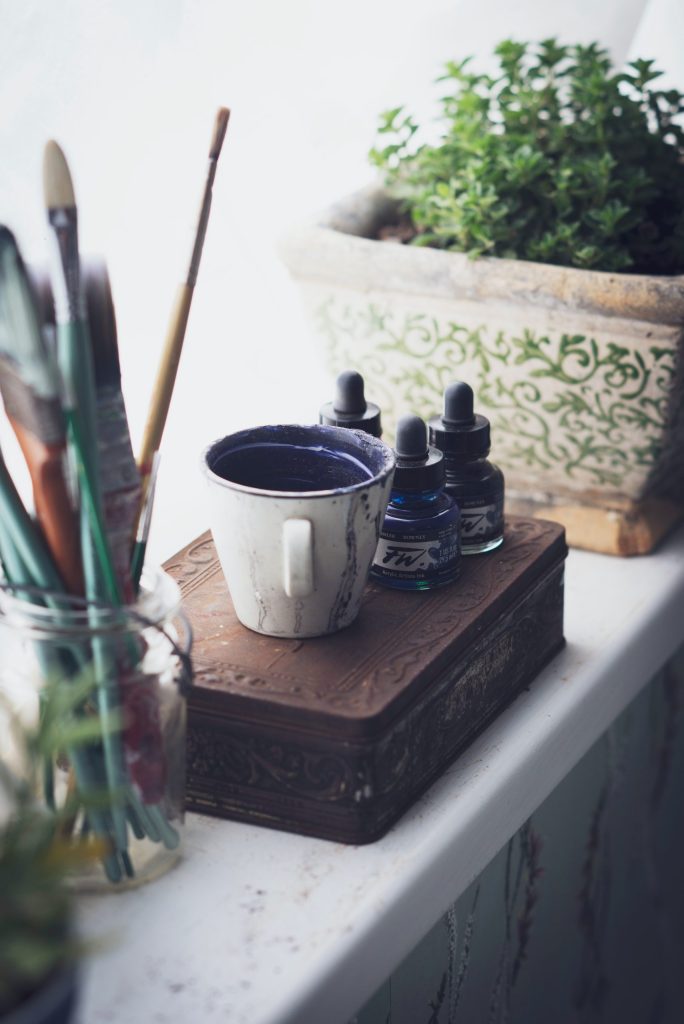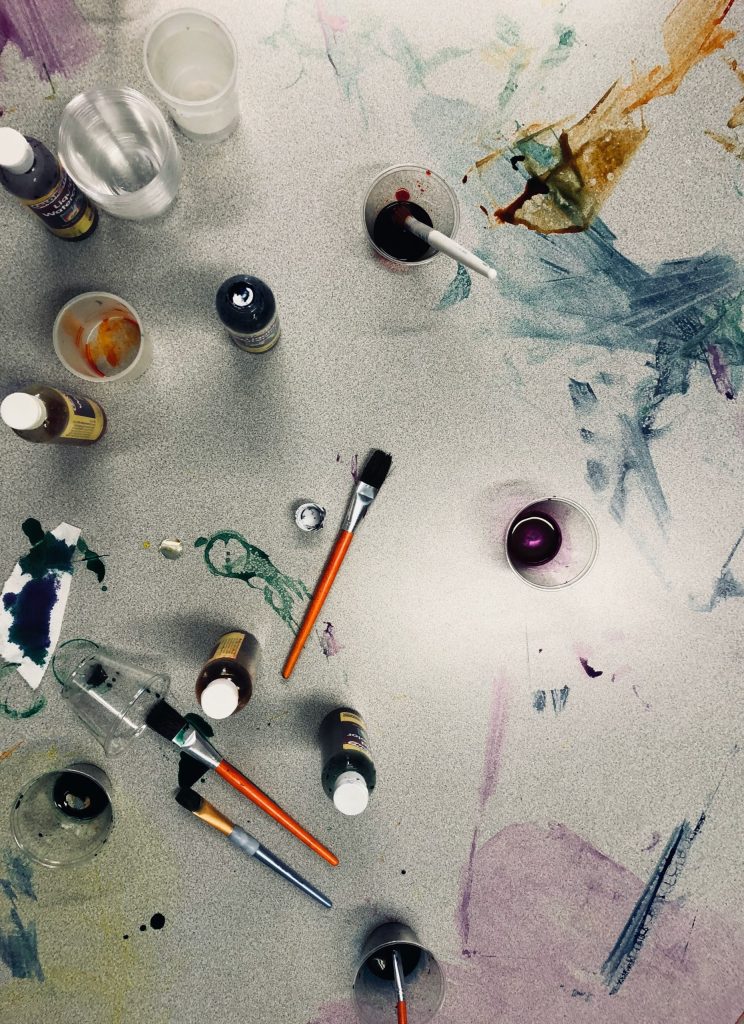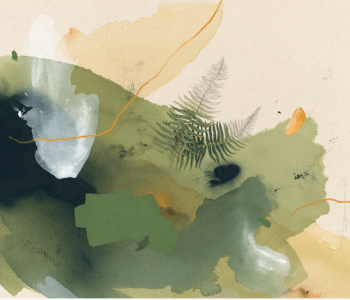What is Art Therapy?
Art therapy is a form of psychotherapy that uses creative expression to help individuals explore and understand their emotions, thoughts, and behaviours. During sessions, it can involve the use of various art materials, such as paint, clay, markers, and collage materials, to create artwork that can serve as a form of communication and reflection. Therapists work with clients to guide and understand their creative process, using art as a tool to help individuals gain a better understanding of their feelings and experiences so they can move on to resolve deeper problems.
People often talk about how art can be therapeutic, and research has shown what we have felt; art is therapeutic and incorporating it into therapy has been a helpful and effective path of healing for many people. For example, after a stressful day we can doodle or colour as a form of relaxation or decompressed. Art therapy combines the healing power of art and counselling into one empirically validated healing process. The beautiful thing about art is that it can be used to dive into the underlying meanings or symbols of the art and help express emotions and experiences we do not have words for.
It is important to note, art therapy is different than expressive arts therapy. Expressive arts therapy combines different creative arts modalities such as visual art, music, dance, drama, writing, and other expressive arts to help individuals express themselves, process their emotions, and work towards healing and personal growth.


When Is Art Therapy Used?
Art therapy can be used in a variety of settings and with people of all ages, from children to seniors. Art therapist’s work with individuals, couples, and groups in private counselling, hospitals, senior centres, correctional institutions, and community settings. Art is a powerful tool to reveal what words are unable to explain.
Art therapy is commonly, but not limited to, used for:
- Emotion exploration
- Self-esteem problems
- Stress and anxiety
- Depression
- Trauma (past and present)
- Grief and loss
- Substance dependency
- Selective Mutism
- Eating disorders
- Personality disorders
- Developmental disabilities and physical illnesses
Do I have to be good at art to do art therapy?
We know that some people may have had difficult or painful experiences when engaging in art and may feel hesitant about art therapy. The process of art therapy can hold greater value to the individual than the final piece of artwork that is created. Art therapy is not about replication, perfection or producing something to a certain standard. Instead, art therapy can be one way of accessing difficult feelings or memories without needing to explain it to your therapist.
Benefits of Art Therapy
Art therapy has been found to be a highly effective approach to counselling, providing a range of benefits for clients of all ages and demographics. For example, art therapy can help clients to externalize their thoughts and feelings in a non-threatening way, reducing anxiety and increasing self-awareness (Chapman, 2014).
Art therapy also allows you to access your unconscious and innermost thoughts, feelings, and beliefs (Rubin, 2010). This can lead to increased self-esteem and confidence, as well as a deeper understanding of oneself. Engaging in art therapy can also help you develop coping strategies for dealing with challenges and negative emotions (Gladding, 2016).
Finally, it can enhance the therapeutic relationship by providing a unique way of communicating that is more experiential and less reliant on language (Gantt & Tinnin, 2016). Overall, art therapy is a powerful tool that can be used within counselling to help you process your emotions, gain insight into your experiences, and work towards healing and personal growth.
Art Therapy at Haven Wellness Collective
At Haven Wellness Collective we believe in the power of art as a form of healing. You may have even noticed that the background of our website is an art piece from Victoria Rose Park that captures the feelings of safety, healing and growth that we believe in here. She has generously gifted us the image to use as she has also experienced the beauty of art and healing working together.

If you are curious to hear more about art therapy – we’d love to connect with you! Kate is trained in art therapy and would be happy to do a free consultation call to see if art therapy is right for you.

